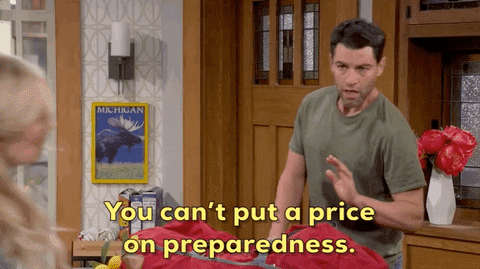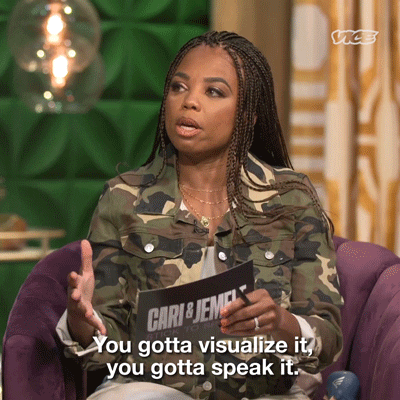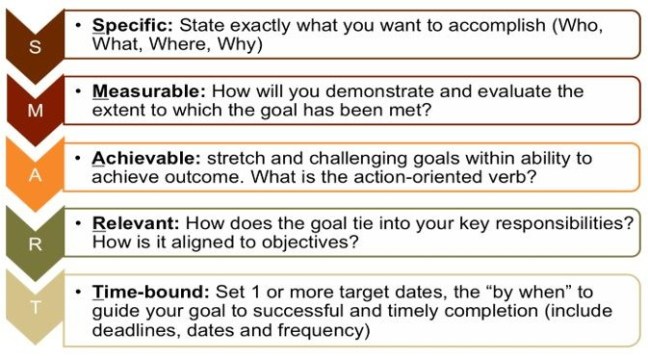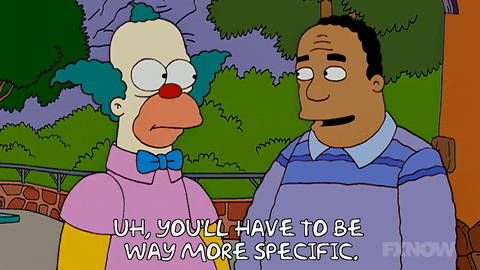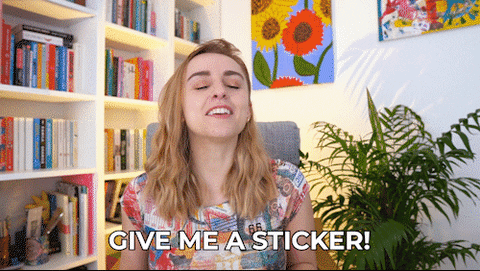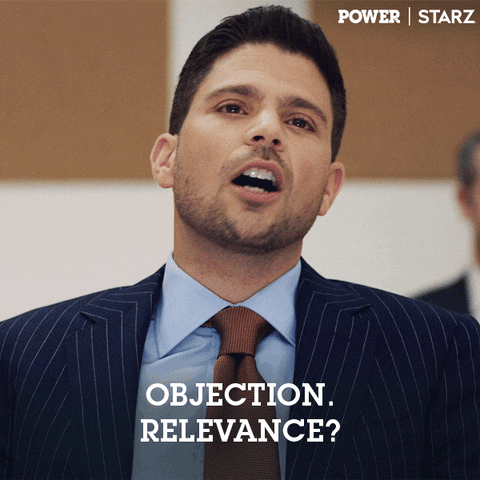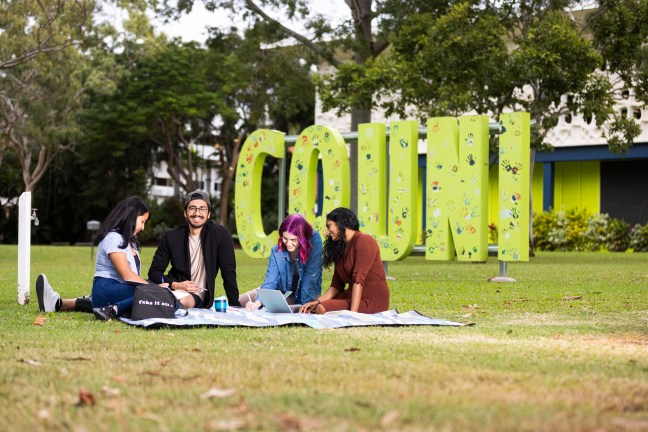
There are currently over 450 alumni mentors in the CQUni Career Connection Program, ready to help you prepare for your career, gain industry insights, and develop personal networks in your field.
Some mentors have been a part of the program since the beginning, while others only joined in the last couple of months.
Why did they decide to become a mentor? What do they enjoy about mentoring? Is there anything they have learnt from their mentees or the process of being a mentor? Meet some alumni mentors and learn more about their experiences as mentors.
Sanjeewa Gunasekara
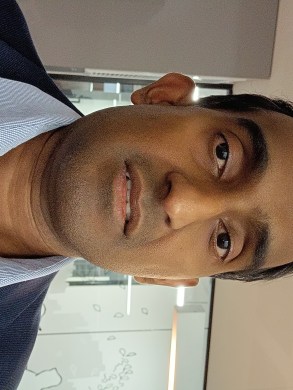
Sanjeewa graduated with a Master of Information Systems in 2006. He joined the mentoring platform only a couple of months ago but has already completed his first consultation with a mentee.
Sanjeewa works as an Information Systems Security Specialist. With over 20 years of experience in his field, he offers advice on a wide range of services, including resume and cover letter checks, career conversations, transitioning from school to work, and re-entering the workforce.
Sanjeewa enjoys helping others in many ways, and mentoring is another way for him to help people. He finds that mentoring is a great way to give back to current students and enjoys providing them with strategies to work on their challenges.
Sanjeewa believes that not everyone needs a mentor but working with the right mentor can be a gamechanger. He compares having a mentor to driving on a fast, smooth highway, while not having a mentor can be like driving on a slow, bumpy gravel road.
Watch Sanjeewa’s Q&A video to learn more about him as a mentor.
Annette Sommerville
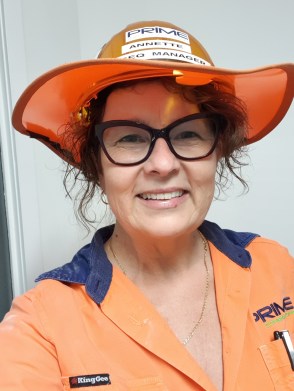
Annette has completed two degrees with CQU – a Bachelor of Occupational Health and Safety in 2010 and a Master of Engineering in 2021. She also holds a Bachelor of Science degree from James Cook University, making her a knowledgeable mentor in various fields and disciplines.
Annette works as a Health, Safety, Environment and Quality Manager in the construction industry and was the winner of the Master Builders Queensland Women in Building Award in 2019. The award gives Annette a lot of confidence, and she uses this recognition to encourage her mentees to keep moving forward.
Annette didn’t enter the occupational health and safety industry straight out of school but had a couple of other careers before that. She believes in ongoing education and sets a prime example for women looking to enter a male-dominated field and those looking to change career paths later in life.
Watch Annette’s Q&A video to learn more about her as a mentor.
Mohamed Siddiq
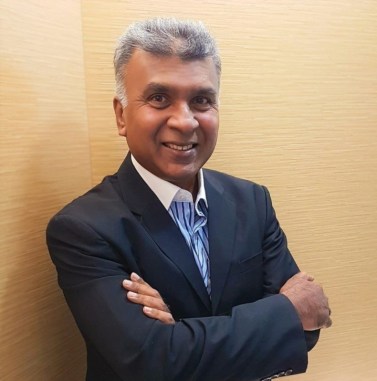
Mohamed has completed two degrees at CQUniversity – a Master of Information Systems in 2005, and Master of Business Administration in 2007.
Mohamed is a teacher with management skills and over 20 years of experience. He has worked in educational institutions in Australia and overseas and is currently the Head of the School of Business and Law at a private business school in Singapore.
Although his teaching experience can be an asset in mentoring, Mohamed regards the two as entirely different fields. Whilst teaching is more limited and ‘by the book’, mentoring allows more flexibility for guidance and exchanging ideas and thoughts.
Mohamed has completed several consultations over the years and even made friends along the way. He helped one of his mentees to start a teaching career, however, the two now keep in touch to discuss teaching methodologies and exchange ideas.
Read Mohamed’s interview below to learn more about him as a mentor.
I can see that you’ve been a teacher for more than 20 years. What do you think are the main differences between mentoring and teaching, in your experience?
With teaching, it is a little bit more limited. You deliver the content according to the curriculum and explain the concepts further when prompted by the student. Mentoring is more in free form and allows you to guide the mentees towards their goals. Mentees aren’t necessarily young students; some can be older, even in their 40s or 50s. You can see that you create an impact, as they appreciate what you do for them. You can exchange ideas and thoughts with mentees, guide them, and reassure them that there is “light at the end of the path”.
I can also see that you’ve been an alumni mentor with us since 2015 and have completed a number of consultations over the years. What are some of the things you’ve learnt from being a mentor?
You need to listen very carefully to what the mentee has to say without any pre-judgement. Try to put yourself in their shoes and imagine what they’re experiencing.
You have worked in educational institutions in Australia and overseas. Do students in different countries have similar queries, or do they ask completely different questions? How do you prepare for your consultations?
I’ve had mentees from all over the world, including Japan, Russia, South Korea and Pakistan. They all face the same situations as students and have similar issues regardless of their geographical location. You can’t really prepare for consultations based on their location. Instead, I go with free flow and deal with each question as it comes.
You have received some great reviews from your mentees. Without naming any names, can you tell me about some of your most memorable consultations/mentees?
I had a senior student mentee who now owns an eco-agriculture business in Queensland. We started off as mentor and mentee but later exchanged details and became friends. He initially approached me for advice on how to get into teaching. I suggested volunteering to start with. Students can be the toughest crowd; they can form a judgement before you even start presenting. So, I provided strategies to break the ice and get over cold feet for his first day of teaching. We now catch up frequently to chat about teaching methodologies, exchange ideas and learn from each other.
What is the best advice you could give to someone considering becoming a mentor?
The golden rule is to be patient. Being patient and empathetic with your mentees is crucial as they are totally lost and need guidance. It is important to understand where they stand and why they seek advice. Take time to break the ice and develop a relationship. I do wish that mentees would come to the sessions more prepared. I don’t want the session to be wasted, so it would help if they prepared questions and had a purpose and an idea of what they would like to get out of the session.
Read our blog post about how to set SMART goals and prepare for a mentoring session HERE.
Urusha Kansakar
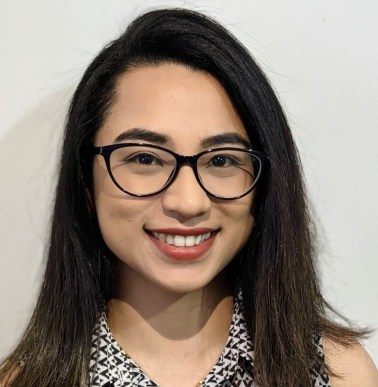
Urusha graduated in 2018 with a Master of Professional Accounting and now works as a Financial Accountant. As an international student from Nepal, Urusha uses her “go-getter” mentality to make the most of every opportunity that comes her way. During her studies, she was involved in a number of student activities, including being an international student ambassador, a member of the campus life committee, and a presenter and interviewee for iChange.
Urusha calls Australia the ‘land of opportunities’ and encourages her mentees to network and make connections where they can.
She has had mentors throughout her life who have helped her not only with her career goals but also in her personal life. To pay it forward, Urusha shares her experience, skills and knowledge in her career mentoring blog called Urusha inspires.
Watch Urusha’s Q&A video to learn more about her as a mentor.
Peter McLarty
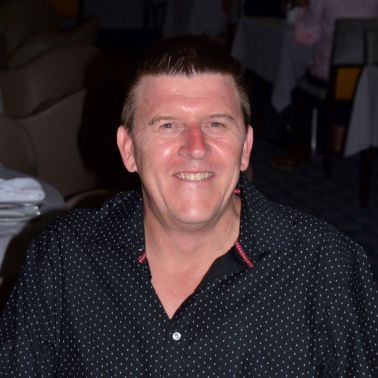
Peter graduated in 2002 with a Bachelor of Information Technology. He currently works as a Data and Information Technology Security Manager. With over 20 years of experience in his field, Peter is one of the most experienced mentors and has provided support to over 30 mentees.
Although Peter encourages both of his kids to choose their own paths, his daughter is inspired to pursue a similar STEM-oriented career. As a person who works in a fairly “privileged position”, Peter is working towards bringing more women into roles where they are underrepresented, in particular STEM and IT fields, but also other areas.
Peter finds it extremely important to give back a bit of his time to find ‘rough diamonds’ out there and guide them into the industry a bit more ‘polished’. He finds mentoring a rewarding experience that helps him realise how much he has to offer to other people.
Watch Peter’s Q&A video to learn more about him as a mentor.
In addition to Sanjeewa, Annette, Mohamed, Urusha and Peter, there is a pool of alumni mentors from various fields and disciplines, eager to share their experiences and knowledge with others.
Students can sign up as mentees, and past graduates have an opportunity to sign up and mentor students, or fellow alumni.
To connect with a mentor, sign up to the CQUni Career Connection Program and fast-track your career today!

